A free wave
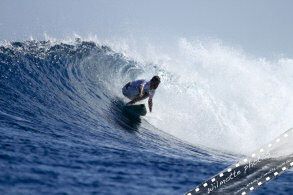 After watching perfect surf sessions at Cloudbreak and Restaurants on Tavarua, Fiji, in ‘Endless Summer 2’, I dreamt of surfing it myself. Unfortunately, the whole island is a private resort, and for many years those incredible waves were only available to paying guests.
After watching perfect surf sessions at Cloudbreak and Restaurants on Tavarua, Fiji, in ‘Endless Summer 2’, I dreamt of surfing it myself. Unfortunately, the whole island is a private resort, and for many years those incredible waves were only available to paying guests.
However, all this changed on 9 July this year, after a two-year battle led by Fiji’s president. Back in 2008, he had attended the World Tour at Cloudbreak and was angered by the lack of Fijian surfers in the competition, concluding that the reason for this was that the best surf spots were closed to locals. But this summer a contract was signed, and the surf was finally open to everyone.
This month, we spent a week surfing Cloudbreak, anchoring our boat a mile or so off Tavarua so that we could be out on the waves every day. I saw plenty of local Fijian surfers in the water – everyone who lives there knows about the potential of Cloudbreak, as do many surfers around the world.
With this freedom of access will certainly come bigger crowds, but this is inevitable in a sport that is promoted so heavily. I recently read an article on an Australian site which said that Fiji will become the next Bali – that is, destroyed by surf tourism. Yes, the crowds may increase, but there cannot be such a thing as prohibited waves, especially for the people who actually live in the place. I hope that the diversity of waves in the area will mean that surfers will be able to spread out, rather than concentrate as they have in Bali; next to Tavarua is Right, and a few miles away, in front of Namoto island, is another called Namoto’s Left, which offer very different waves.
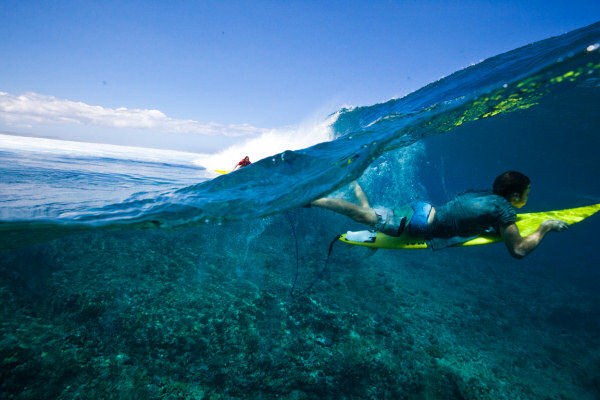
A couple of days ago I talked to a Fijian surfer who had recently been to Tavarua; he told me that the resort staff had expressed hostility towards these surfers now riding their waves for free. Up until now the Tavarua staff and guests – who pay around US$5,000 a week to stay at the all-inclusive resort – had these waves to themselves. But in my opinion in the end everyone will benefit. More people will now come to surf here, and their money will filter through to local businesses, including those providing transport from other hotels to surf spots, as well as hotels and restaurants on neighbouring islands.
One thing is certain: we will remember our visit here in Fiji forever, because it was the year that every wave in the country was released.
Joao Pedro Travi, Augusto and Gustavo Schlieper Hoffmann and Claudio Cavalli are members of the project called ‘Destino Canela’. They aim to travel around the world on their sailboat. Their final destination, after four years of travelling, will be the city of Rio Grande do Sul, Canela.
This story was sent to us by Joao Pedro Travi.
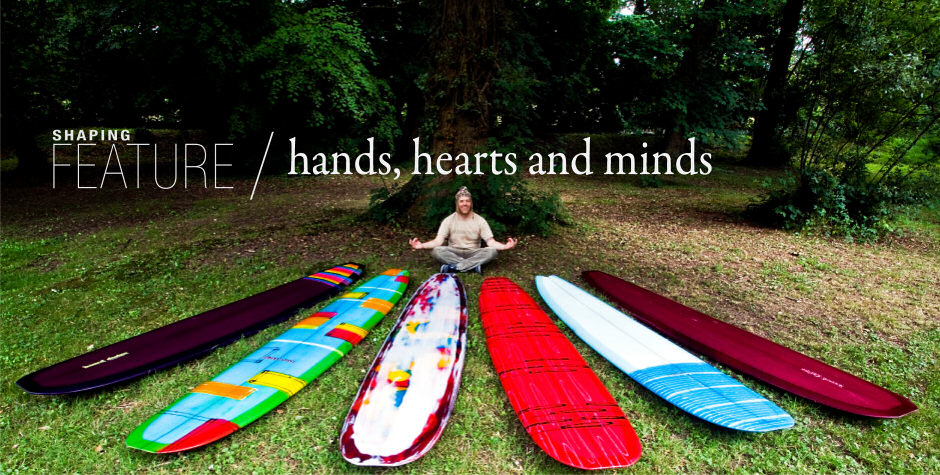
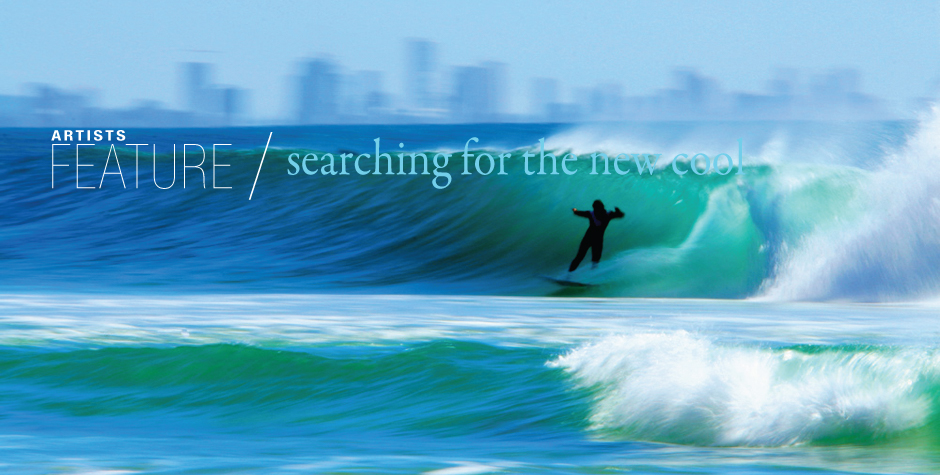
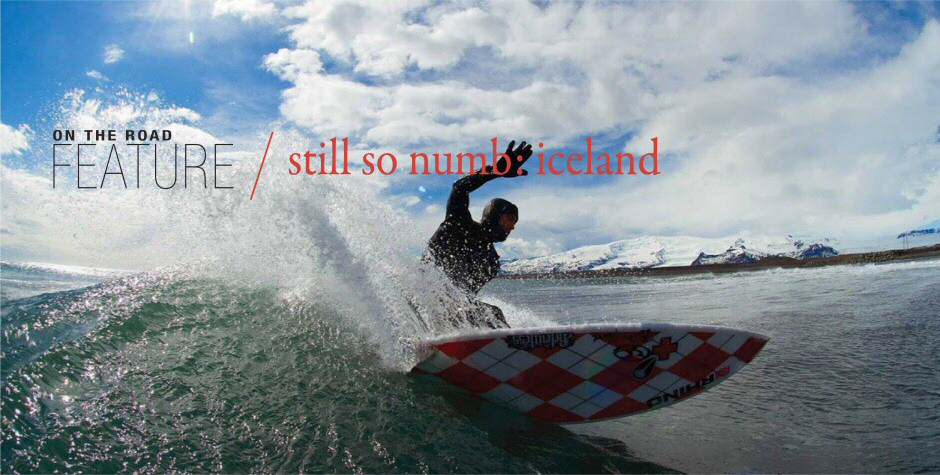
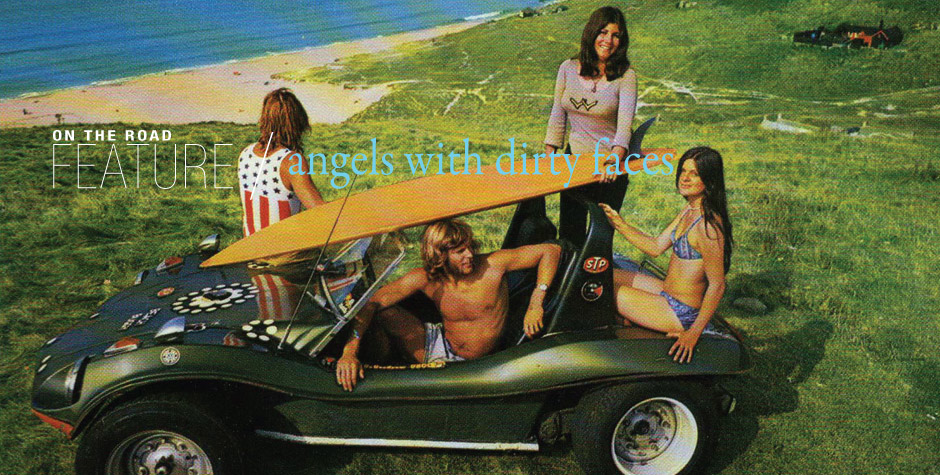
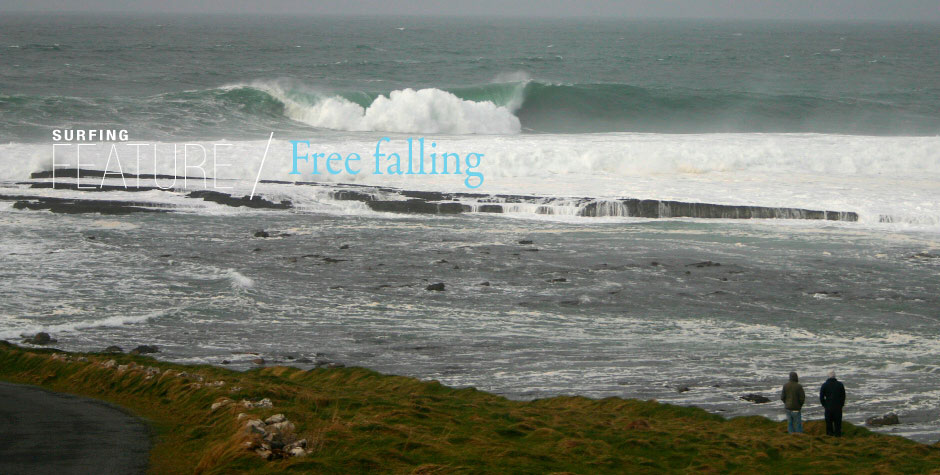
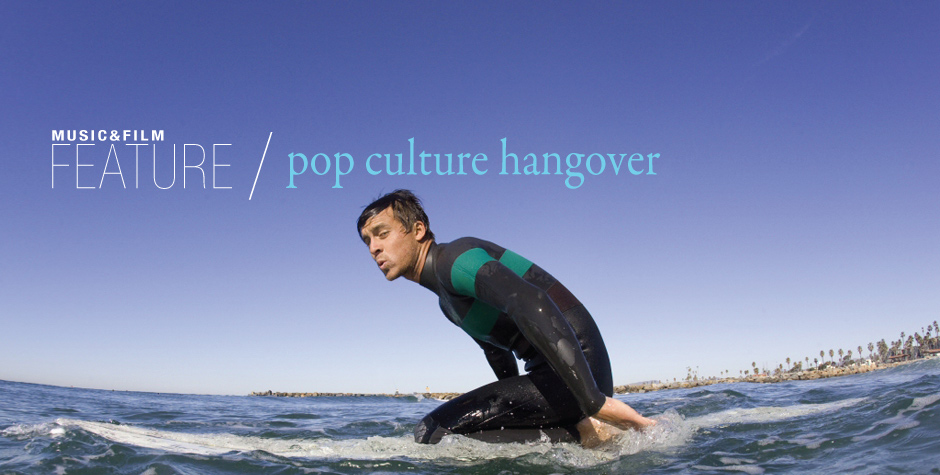



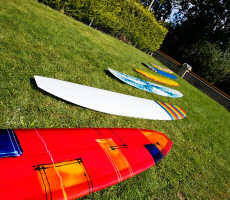
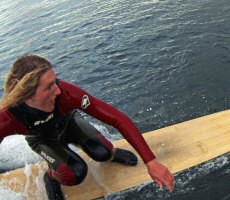
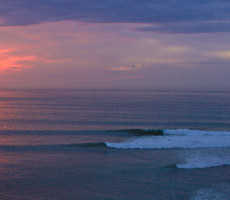
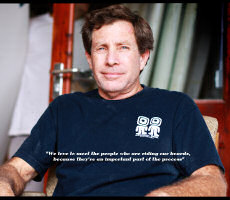
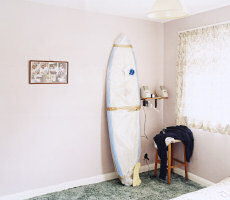
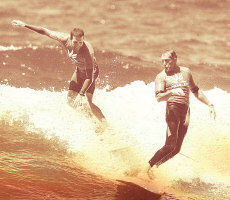


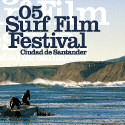
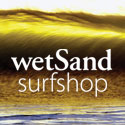






This is rife with mistakes. The ‘President’ installed himself after a coup and there have been no elections since, he’s a dictator. Additionally, there was no ‘contract’ signed. He decreed that all surf spots will be open to anyone, no votes, no public discussion, no appeals process.
In doing so he defied centuries of tradition in Fiji. In Fiji as in most places, a tribes livelihood is based upon it’s ability to generate revenue from it’s property. In Fiji, many reefs are the property of tribes and all fishing, diving mineral etc rights are owned by the tribe. It is the family farm, and it’s really all they’ve got.
When Nailatikau decreed that all surf was open, he was targeting Tavarua primarily. He knew well enough that he would cost the people of Tavarua a significant portion of the income they earn from the resort. If he merely wanted to promote local Fijian surfers, he could have just made surf access open to Fijian citizens. And maybe a little state sponsorship. None of those things happened.
This smells very much like a punitive measure. People (other tribes and resorts) around Tavarua have long been jealous of the success of the resort. Yes, the people of Tavarua were lucky to inherit a place that westerners would seek out, and pay top dollar for the privilege, but why shouldn’t they have the right to exploit their own property and it’s resources as they see fit? They’ve been marvelous custodians of the area.
So ask yourself this, have you ever seen a native in any resort pool ever? Not unless they were fixing something. I have, but it was only on Tavarua. Another fun question, who benefits from this? Oh sure, some of the locals will get to more of the breaks, and that’s all fine. But the real winner? The other resort owners. Now they can offer surf to all their customers without any of the safety precautions built into the Tavarua experience. Coincidence? Sure, I suppose so. Unfair? Absolutely.
1fiji will become a “free fire zone’ anyone surfing anywhere, even if they don’t have the skills….and the crowding will lead to all the bad things that crowds have. just like rats in a cage—-think the ‘bu, or kirra or snapper on a good swell or weekend……
2